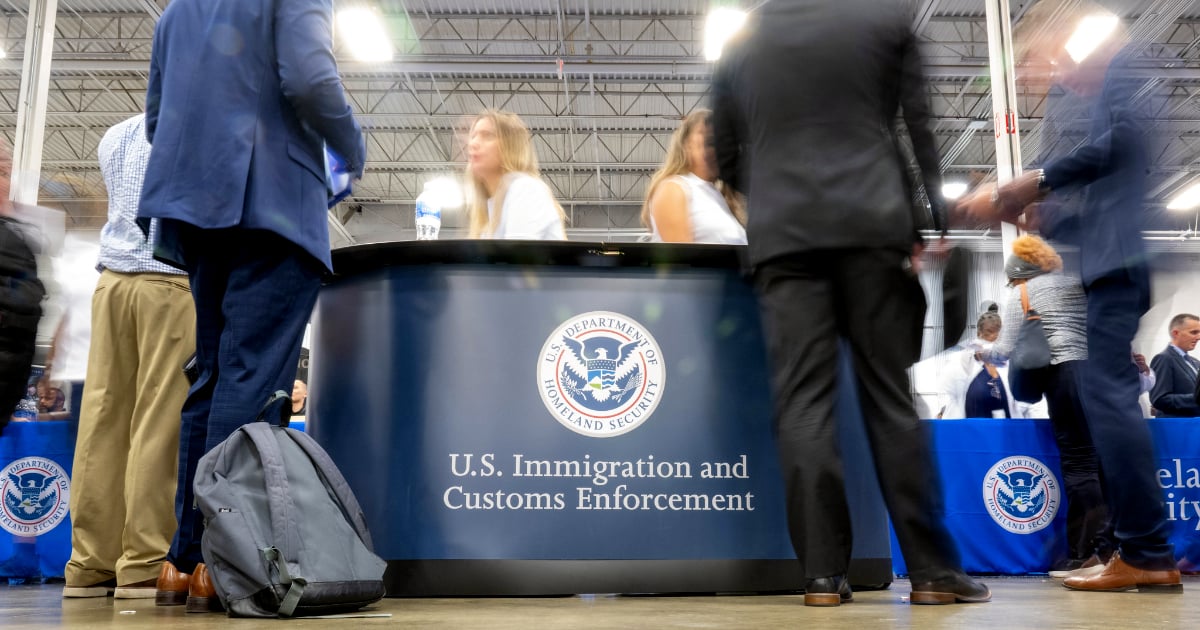The Cuban Adjustment Act (CAA) remains in effect and cannot be altered without the involvement of the U.S. Congress, journalist Wilfredo Cancio Isla clarified through his social media. Concerns within the Cuban community have arisen following the recent halt in residency processing for beneficiaries of the humanitarian parole (CHNV) and family reunification (CFRP) programs. This prompted the U.S.-based journalist to shed light on the situation, drawing from his knowledge of American administration, government, and politics.
Cancio Isla debunked rumors and provided crucial insights to understand the true scope of this administrative measure, delving into the legal framework and the context surrounding the recent decisions by the Donald Trump administration. Recently, the United States Citizenship and Immigration Services (USCIS) announced an indefinite pause in processing residency applications for CHNV and CFRP beneficiaries. According to official statements, this decision is part of an internal review aimed at ensuring transparency and feasibility of these programs.
However, it is important to note that this measure does not prevent applicants from submitting their petitions, although their processing will be on hold until further notice.
Critical Insights from Wilfredo Cancio Isla
1. The Cuban Adjustment Act (CAA) remains untouchable by the President.
Cancio Isla emphasized that the CAA was codified as part of the Helms-Burton Act of 1996, which means only the U.S. Congress can modify or repeal it. For this to happen, three conditions must be met: democratic change in Cuba, multiparty elections, and the release of all political prisoners.
2. Adjustment of status under the CAA remains unaffected.
Cubans who entered the U.S. with an I-94 form and other immigration benefits requests—excluding those from programs initiated by executive orders of President Joe Biden—can continue to apply for permanent residency under the CAA without restrictions.
3. Processing of humanitarian parole and family reunification is on hold, not terminated.
The pause impacts only the progression of these cases without eliminating the programs. USCIS is anticipated to issue a decision within up to 100 days.
4. Applicants for status adjustment must wait.
Those who have applied for residency through CHNV or CFRP will experience delays, but they have not lost their eligibility.
5. Previous attempts to repeal the Cuban Adjustment Act have failed.
During the Barack Obama administration, there was an unsuccessful attempt to eliminate the CAA through media pressure due to its codification in U.S. law.
Impact on the Cuban Community
The decision by USCIS has raised concerns among parole and family reunification program beneficiaries, but it's crucial to highlight that procedures under the CAA are ongoing. As Cancio Isla explained in his analysis, the measure does not threaten the existence of the CAA but is a specific review of certain immigration programs implemented by the Biden administration. Cuban immigrants are advised to stay informed through official sources and reliable media to avoid misinformation stemming from rumors or misinterpretations regarding the suspension's scope.
Understanding Changes in Cuban Immigration Policies
Why can't the Cuban Adjustment Act be changed by the President?
The Cuban Adjustment Act is part of the Helms-Burton Act of 1996, which requires Congressional action for any modifications or repeal. It is beyond the President's power to change it.
What happens to the residency applications under the paused programs?
While the processing of applications is paused, applicants can still submit their forms. The current halt is temporary until USCIS completes its review.
Are there any conditions under which the Cuban Adjustment Act could be repealed?
Yes, three conditions must be met: a democratic change in Cuba, multiparty elections, and the release of all political prisoners.
